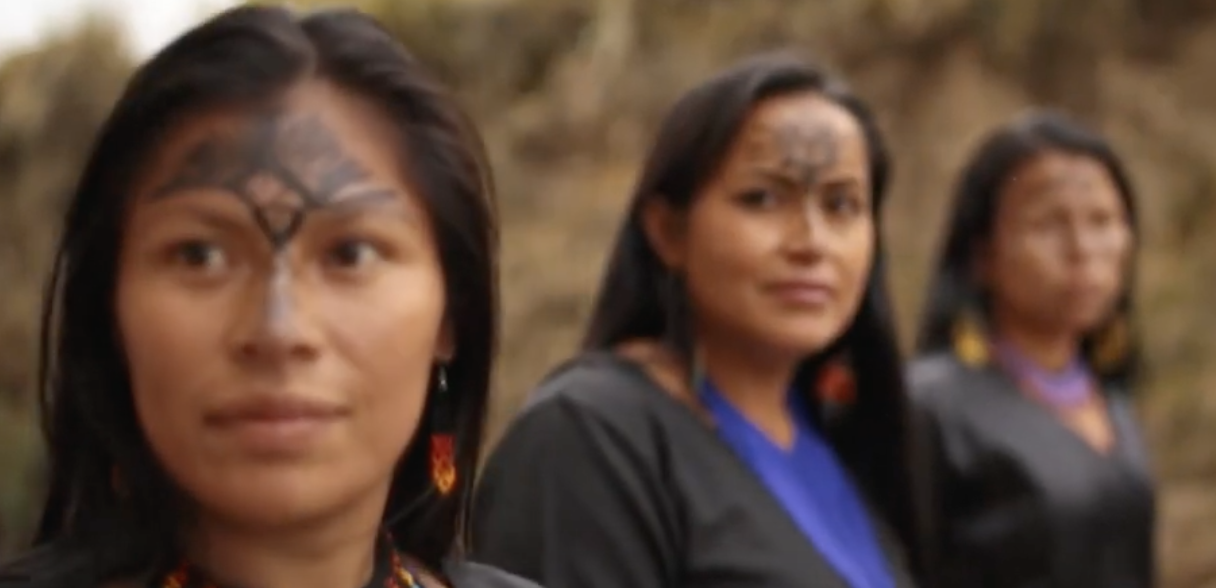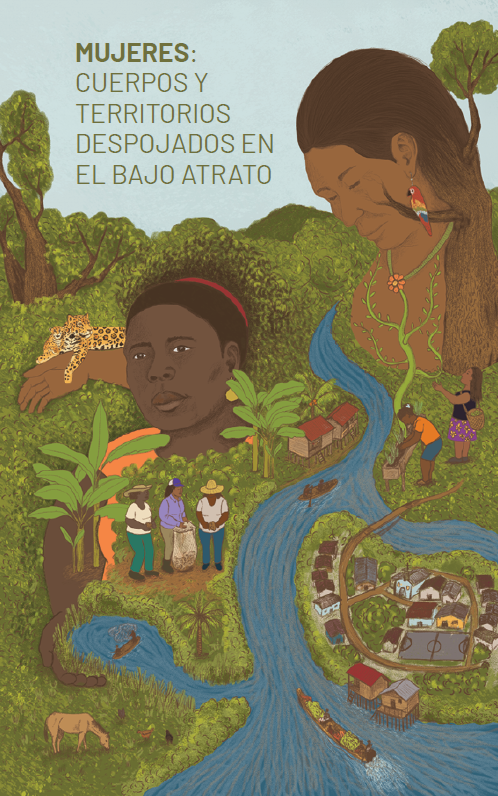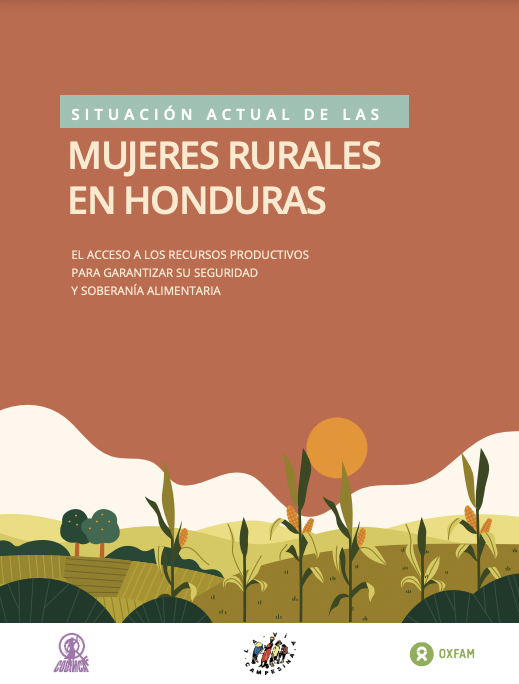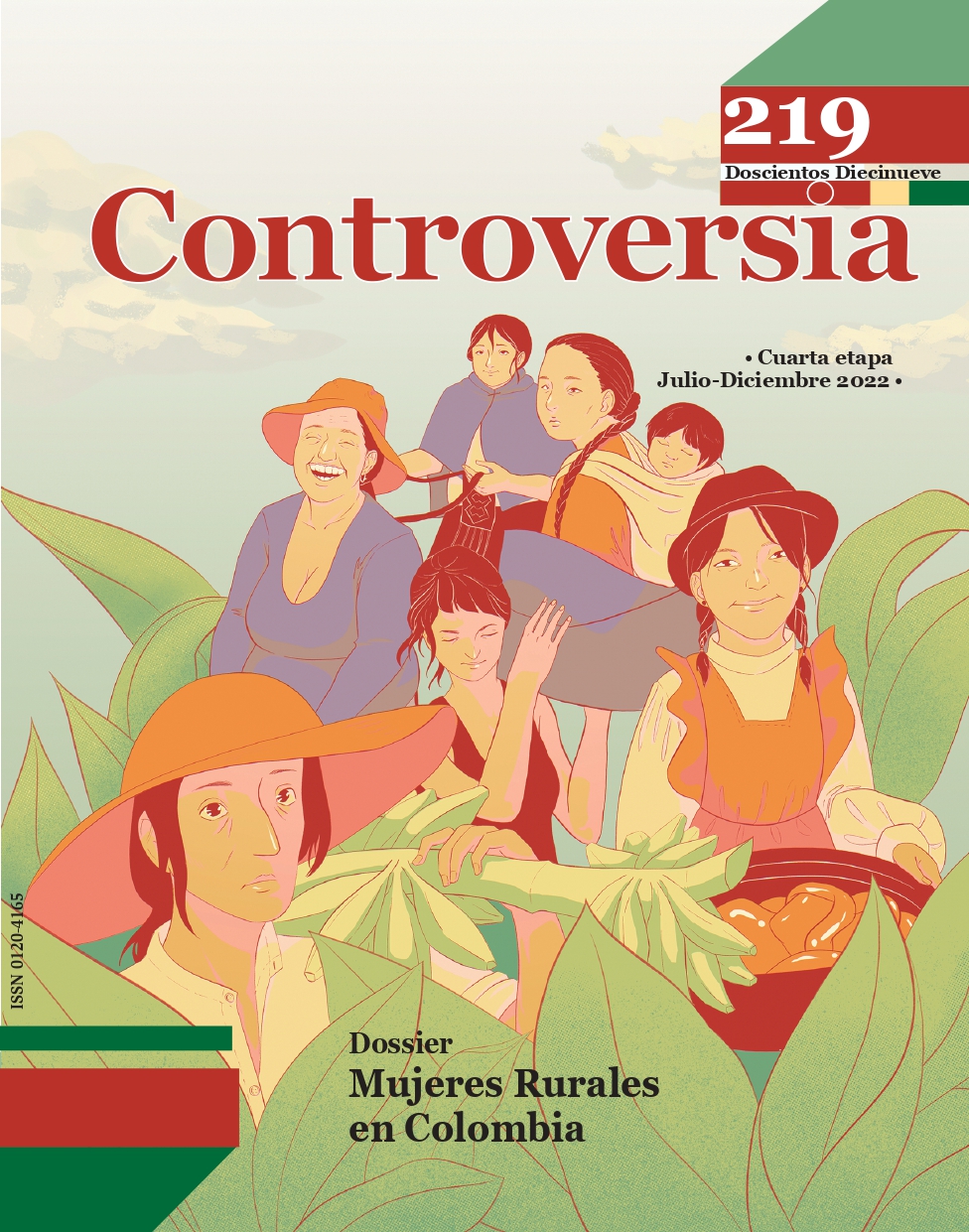MANIFIESTO DE LAS MUJERES RURALES DEL ECUADOR PRIMER INFORME SOMBRA CEDAW
PRIMER INFORME Sombra de Mujeres de los Pueblos y Nacionalidades del Ecuador al Comité sobre la Eliminación de la Discriminación contra las mujeres- CEDAW Somos mujeres de la selva, de los páramos y de las orillas del mar de la tierra del sol recto. Hemos luchado por nuestro autoreconocimiento como pueblos y nacionalidades, así como por nuestra autodeterminación y autonomía territorial a través de la Confederación de Nacionalidades Indígenas del Ecuador. Nos articulamos en 18 pueblos y 14 nacionalidades. Somos 2.9 millones de mujeres viviendo en el campo ecuatoriano.








